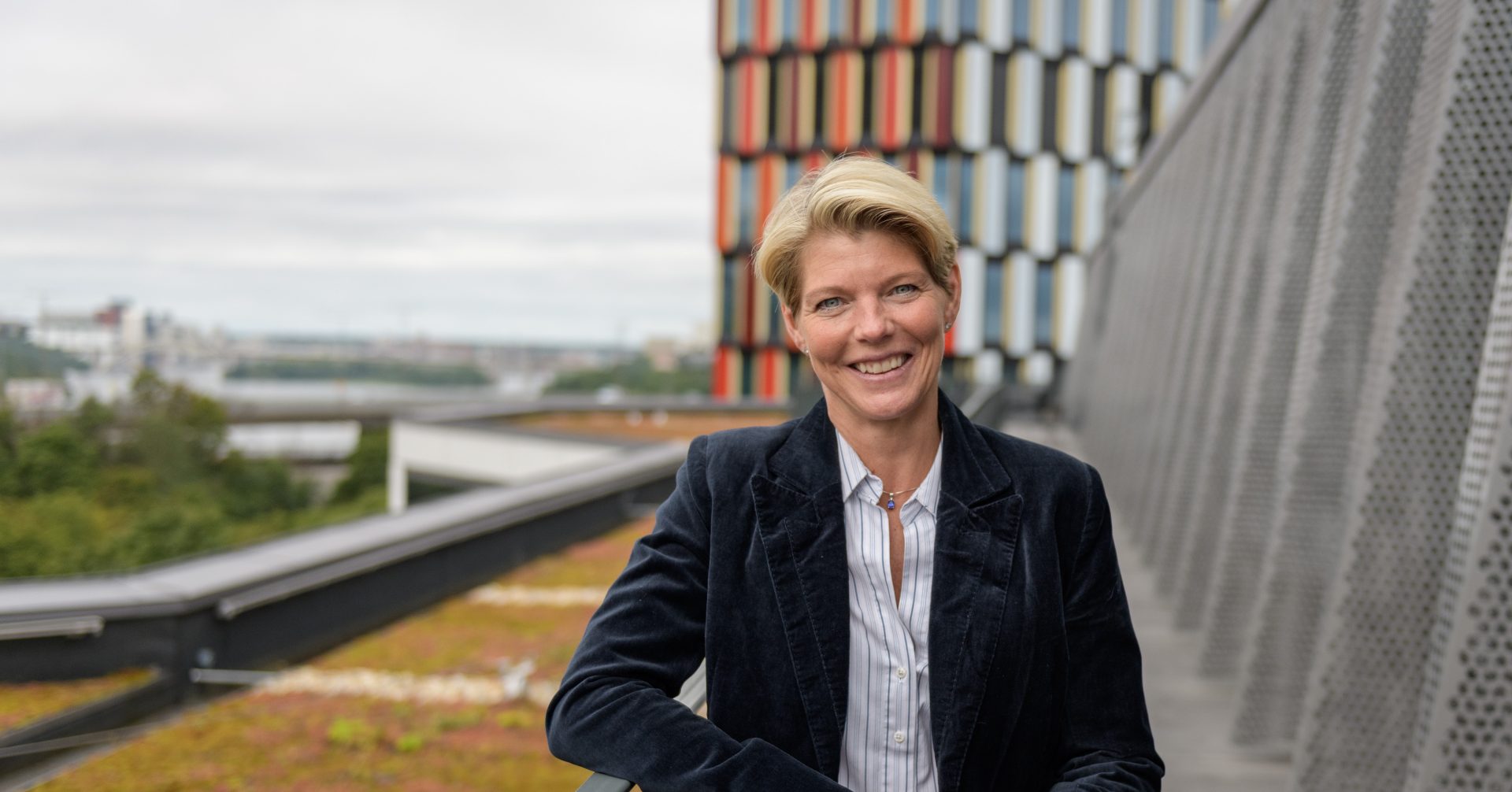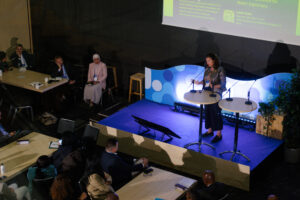Innovating water governance. A conversation with Karin Gardes
"We need to develop strategies for water governance in a collaborative, transparent, and participatory way that puts local ownership at the center."
What is the connection between water governance and how we value water resources?
Water resources are essential for the whole planet, but for a very long time they have not been regarded or treated like that. Water has been taken for granted. Since my childhood I have heard warnings that humanity will someday run out of oil. This has been described as a disaster. Billions and billions have been invested in developing alternative sources of energy to avoid this. What is scary is that I don’t hear us talking with the same sense of urgency and alarmism about the water crisis, with the exception of some countries most affected by water scarcity. But we need this shared understanding of water’s preciousness to be at the center of everything we do. We need to recognize that water is a finite resource, and we need to change the ways in which we value water resources, the ways in which we manage water resources and the way we utilize water resources.
How does SIWI work to support improved water governance?
SIWI is active in all aspects of water management, from normative work and evidence-based research to technical advice for policy and strategy development, and facilitation, training, and capacity development. Much of the work being done in the field of water can be summarized into two sides that complement each other. There is the more technical side of it which could be called the hardware. It includes building pumps and pipes or sewage systems. The water governance work at SIWI revolves around the other side which could be called the software. We focus on the political, economic, and social institutions that influence the use and management of water. We develop policies, strategies, and practices with the aim to build governance systems that make the hardware function in a sustainable efficient and economically viable way. Both hardware and software are equally needed to solve the water crisis. Good governance is a prerequisite for productive water management, and SIWI is at the forefront of bringing that message to decision-makers and water practitioners.
This year’s World Water Week has the theme “Seeds of Change: Innovative Solutions for a Water-Wise World.” What does innovation mean for SIWI?
Innovation is often understood as something connected to hardware development, artificial intelligence, or apps. I sometimes encounter the belief that this interpretation of innovation offers the solutions to everything. That is naive. There are many ways of being innovative. SIWI is a small but trusted expert organization. We have a global presence and understand the importance of context-specific solutions. So, innovation at SIWI is all about using our expertise to ensure the right priorities at the right time and help making sound decisions by adapting solutions to the context. We need to innovate water governance by doing things differently, adopting better and more inclusive policies. Here we have an opportunity to learn from experience and leapfrog when creating or improving policies, strategies, and governance structures. This is “readily-available” innovation.









